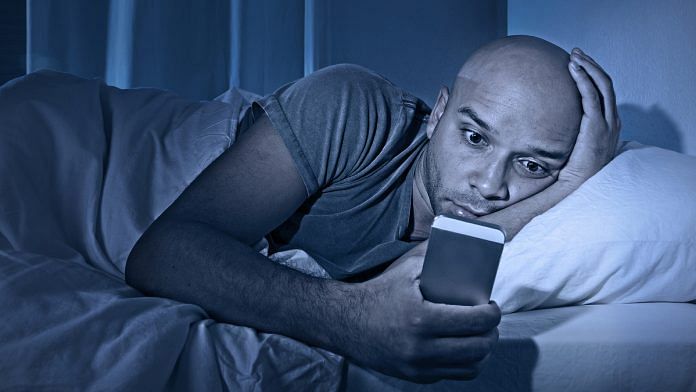Night owls. They stay up late. They wake up late. They lead edgier, cooler lives than the rest of us – going out and doing exciting things in the dead of night and never bothering with an early start to the day.
But they’re also putting their mental and physical well-being at risk. High blood pressure, stroke, depression, cardiovascular disease, cancer, diabetes and an early death are among the risks night owls face. And once you’re stuck in that pattern of sleep, it can be hard to snap out of it.
Hard, but not impossible, according to researchers from the Universities of Birmingham and Surrey in the UK, along with Australia’s Monash University. They reckon you can follow a series of simple steps to retrain your sleep behaviour.
The study – Resetting the late timing of ‘night owls’ has a positive impact on mental health and performance – describes night owls as “people whose internal body clock dictates later-than-usual sleep and wake times”. The researchers were particularly interested in individuals with an average bedtime of 2:30am and an average wake-up time of 10:15am.
“Having a late sleep pattern puts you at odds with the standard societal days, which can lead to a range of adverse outcomes – from daytime sleepiness to poorer mental well-being,” says study co-author Dr Andrew Bagshaw of the University of Birmingham’s Centre for Human Brain Health.
The researchers wanted to test how feasible it would be to shift to more regular sleeping patterns without resorting to medication. Their findings boiled down to the following advice for night owls who may want to mend their ways:
- Wake up two or three hours before your regular wake-up time
- Get outside and soak up as much natural light as you can during the morning
- Go to bed two or three hours earlier than your usual bedtime
- Limit your exposure to light in the evening
- Keep sleep and wake times fixed on both work days and free days
- Eat breakfast as soon as possible after waking up
- Set yourself a lunchtime and stick to it every day
- Don’t eat late in the evening – and when possible don’t eat after 7:00pm
Japan is one of the most sleep-deprived countries. A culture of long working hours has
become such a health catastrophe that the phenomenon of death brought on by extreme tiredness has been given a name – karoshi.
While karoshi is an extreme consequence of sleep deprivation, a lack of proper sleep can seriously disrupt your ability to function well at work. Eventually, a country’s economic health can be damaged in the event of an epidemic of poor sleep. The US loses the equivalent of around 1.2 million working days per year because people don’t get enough sleep. That’s something like $411 billion a year, or 2.28% of the country’s gross domestic product gone in the blink of a bloodshot eye.
The study showed that over a three-week period it’s possible to reset people’s body clocks without resorting to medication. As a result, participants said they were more alert during the daytime, while suffering fewer moments of low moods.
“Establishing simple routines could help night owls adjust their body clocks and improve their overall physical and mental health,” according to the University of Surrey’s Professor Debra Skene.
Also read: US drug authority says some sleeping pills have serious side-effects, need warning on label
The author of this article is Sean Fleming. It was originally published in the World Economic Forum



